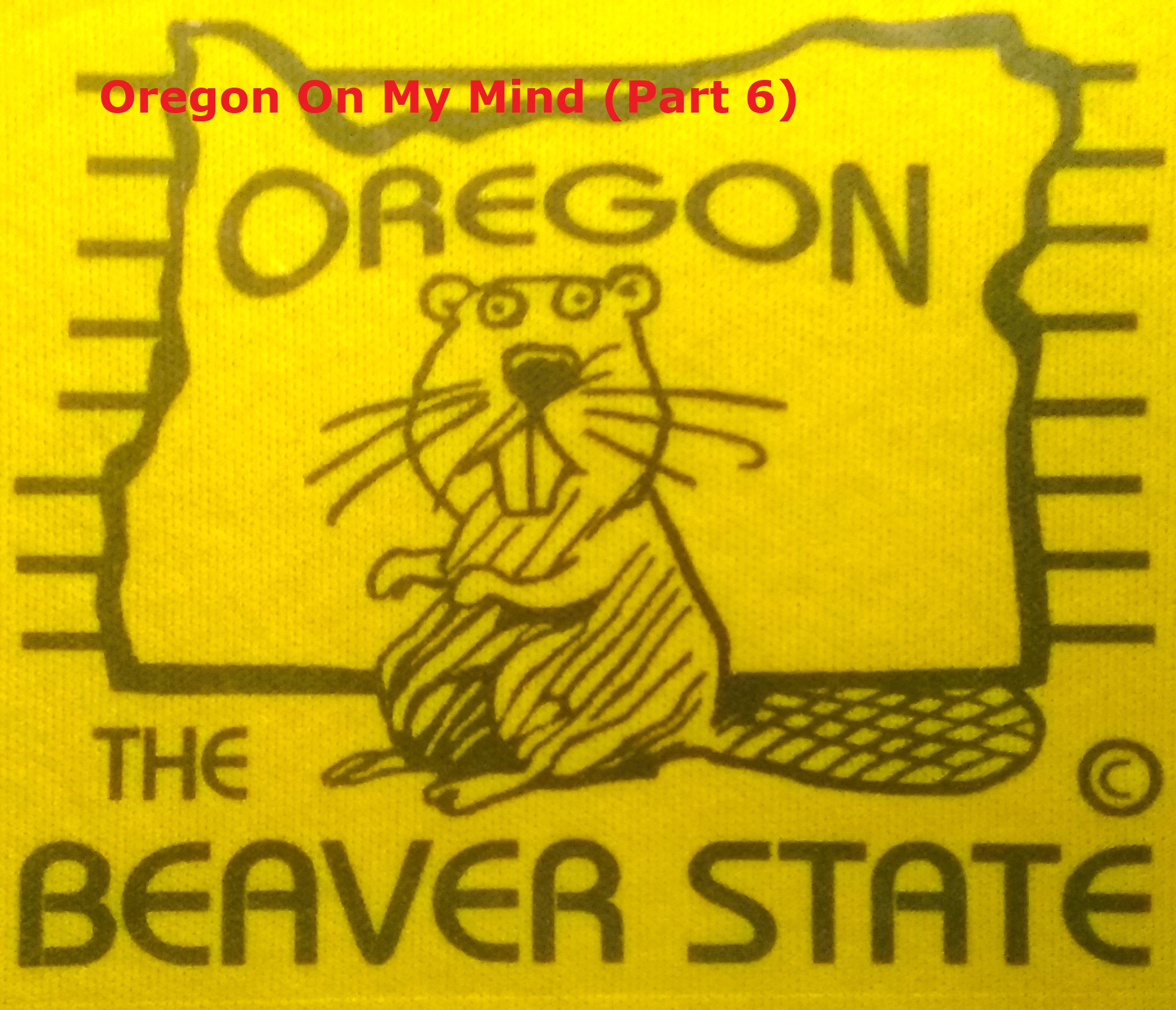Oregon On My Mind (Part 6) Rest in Peace Walt Curtis
I can’t recall the exact year I first caught Walt Curtis “read” his poetry but I do recall the venue—the Satyricon rock club in Portland. It may have been ’86 or ’87. I was probably drunk and leaning against the stage. Walt may or may not have been wearing a diaper. He came on between bands and performed a manic 15-minute set rich in sexual and Pacific Northwest imagery, sometimes within the same poem. One title may have been “KY Jelly and Mt. Hood.” Another one was about beavers. Walt was my first poetry reading and at the time in my early 20s I didn’t know who he was. I do now. He was then and will always be, the Stone Oregon Bard.
Walt Curtis died last week at his sister’s home in Washington. Basically, his body gave out. He is at peace at last.
For over half a century, Walt Curtis, often described as the “unofficial poet laureate of Portland,” produced a Columbia River torrent of poems, reports, performances, stories, essays, articles, drawings, events, ideas, visions, rants, delusions and all around cultural mischief and upheaval. Sometimes his stuff found publishers; sometimes he did it himself.
Walt shared billings with William Burroughs, Gregory Corso, and Allen Ginsberg, among other mythical American poets. He wrote my favorite sentence about Jack Kerouac: “Before Kerouac boozed out, tubed out, whatever, his Catholic, Buddhistic angelic sentimental spirit was the sweetest thing American had going for it.” He also had the presence of mind to record something Ken Kesey once told him about this state, “Oregon is the citadel of the spirit.” It’s the best Oregon line of all time and later became the title for my anthology celebrating Oregon’s Sesquicentennial. Walt contributed an essay to that book, “Cosmic Spawning,” quite possibly the sexiest thing ever written about salmon. He also contributed to my 2007 anthology about the Portland Trail Blazers’ 1976-77 championship season, Red Hot and Rollin’. If nothing else, Walt Curtis might be the most versatile Oregon poet who ever lived and I am going to miss him a lot.
As a writer and Oregonian, Walt Curtis was authentic, hard core, all verve, and 100-percent Beaver State soul. If you ever saw him read his poems live, you were uniquely engaged, challenged, occasionally shocked, but never bored, which unfortunately can’t be said of many poets who find themselves in front of a microphone and audience and have nothing original or passionate to say.
I don’t have many details on Walt’s past, but I do know he graduated from Oregon City High School (my alma mater!) in 1959 and lived near the Clackamas River. He burst on the Portland literary scene in the late 60s/early 70s and earned a reputation as wild man who performed poetry in a way that left little to the imagination.
Besides his poetry, Walt also went to work for Oregon in a more conventional civic sense. In 1974, he served as a delegate to the legendary Bend in the River Conference, when groovy community representatives from all over Oregon convened in Bend to participate in what we today call a “visioning” process. Kesey wrote a federal grant (!) to fund the conference, and had the delegates’ recommendations been enacted then, contemporary Oregon would be a utopia.
Walt’s big break came when an aspiring director he met while working on Penny Allen’s certifiably Stone Oregon film Paydirt was introduced to Walt’s highly unconventional and confessional chapbook/novella/memoir, Mala Noche, published in 1977. That director wanted to make a movie out of it, and in 1985, Gus Van Zant’s gritty independent film version of Mala Noche premiered to glowing reviews. Four years later, Van Zandt wrote and directed, Drugstore Cowboy, one of the great American films of the last 40 years and probably the best movie ever filmed in Oregon. (Watch it today for the sheer joy of seeing NW Portland before the antiseptic gentrification took place and seeing how gorgeous a woman Kelly Lynch was in those days.)
Set on skid road Portland, Mala Noche is the story of an older grocery store operator’s fascination with two Mexican street youths. I love Mala Noche and his poems, but believe that perhaps Walt’s greatest contribution to Oregon arts and letters was his ongoing and indefatigable work on behalf of other Oregon writers and cultural figures long forgotten by the public. In a series of essays for various Portland publications in the 1980s, Walt resurrected local interest in these people, including John Reed. His superb piece commemorating the 100th birthday of Reed helped inspire the creation of the Oregon Cultural Heritage Commission, which does important stewardship of Oregon arts and letters history
Walt had his writing and art and then he worked his ass off for other writers and artists. As I got my writing career going, it was a model I hoped to emulate even though it takes up a lot of time and energy.
I believe I have followed Walt’s path of helping other creators get their creativity out to the public. I enjoy it more than getting my own stuff out there.
Word in certain parts of Oregon’s literary community (meaning the one that cares about Oregon), is that there will soon be a major effort to produce a career defining anthology of Walt’s art and writing, interviews, perhaps even remembrances about him.
I have volunteered to help publish this book. It should have been produced long ago.

